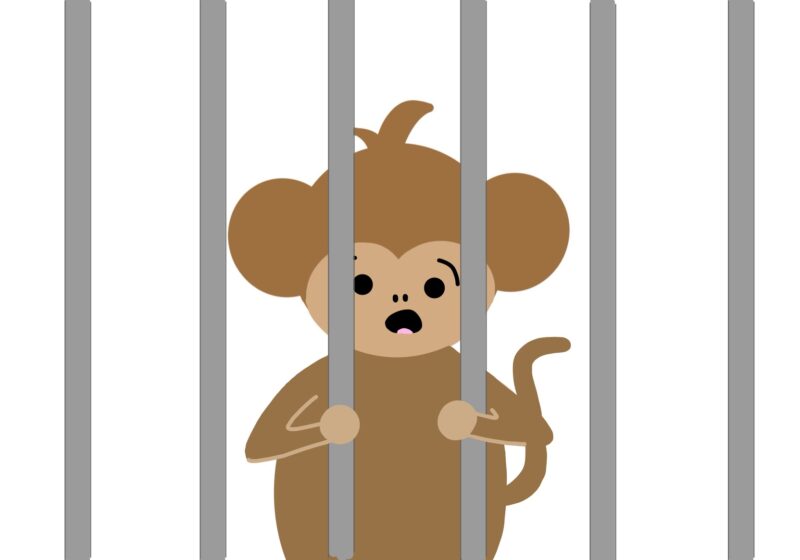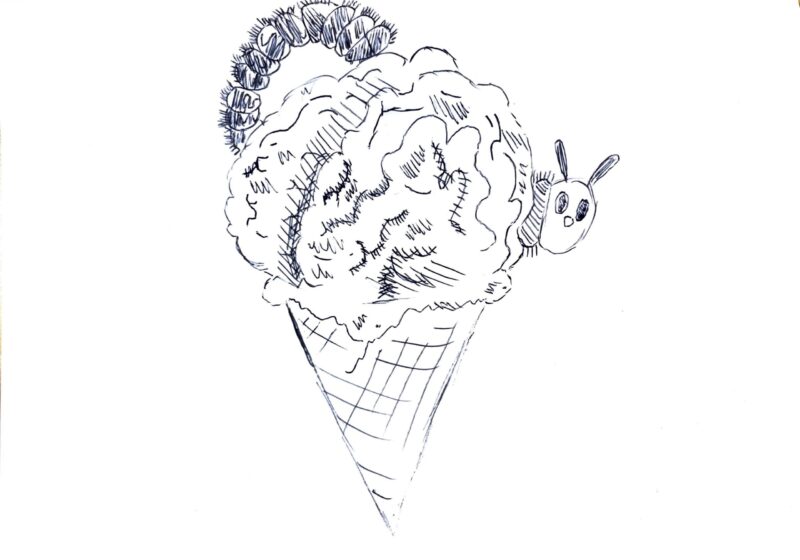As part of National Postdoctoral Appreciation week, Dr. John Cullen in partnership with the UR Postdoctoral Association presented on “racism, unconscious bias, and creating inclusive environments” in the medical world this past Wednesday.
The goals of the presentation were to help attendees understand the key concepts of racism, unconscious bias, privilege, allyship, and microaggressions; recognize how these concepts impact our environment; and how they can help to create a more inclusive environment.
At the beginning of the presentation, Cullen — who is the Director of Diversity and Inclusion for the Clinical and Translational Science Institute at the UR Medical Center — noted how there have been more conversations about racism since the deaths of George Floyd and Breonna Taylor. Cullen said that those who work in “equity education have been updating the content of their education to openly talk about racism” and other types of biases.
“Race is a social construct,” Cullen said. “The idea of race and racial inferiority was actually created to justify the unequal treatment of enslaved people.”
“You can’t tell race by genetics,” Cullen said. He added that scientists prefer to use the term “ancestry” to describe human diversity rather than “race,” a term that the healthcare sector is moving away from to describe the prevalence of different medical conditions determined by genetics.
Cullen then moved on to talk about racism and the negative impact racial prejudice has on different groups.
“White people and people of color can suffer from racial prejudice,” he said. “But when we add systemic institutional power to that racial prejudice, we get racism, and white people, as we know, have this systemic institutional power.”
Though “white people can suffer from racial prejudice,” Cullen said, “white people cannot suffer from racism or be subjected to racism.”
He explained that there are four levels to racism — systemic, institutional, interpersonal, and internalized — and that these levels exist in everything we do in every sector ranging from education to law enforcement.
Cullen discussed ways in which individuals can dismantle their unconscious bias and provided strategies for those with greater privilege as to how they can be better allies.
“Individuals must first recognize and acknowledge that they have unconscious bias,” Cullen wrote in an email to the Campus Times. “Dismantling this bias is a continual process that requires life-long learning about racism and the other isms, suspending judgment, and practicing critical self-reflection to address their own behavior.”
He advised those in positions of privilege to confront their own privilege, speak up when they observe instances of racism and microaggressions, and provide support to those who are subjected to those situations.
Near the end of the event, Cullen touched on the concepts of cultural humility and competency, saying that we need to move away from using the term “competency” as it implies that someone outside a particular culture can master it.
“We need to recognize that none of us can be truly competent in another culture,” he said. Instead of assuming that one has become competent in a culture through surface level interactions and experiences, one needs to acknowledge that it is a lifelong learning process that involves critical self-reflection.
For attendee Jonathan Cheng, a postdoctoral associate in the Mechanical Engineering department, the biggest takeaway from the presentation was how extensively racism and bias is baked into present-day social structures.
“Since we all experience these social structures differently, it means that confronting our biases involves learning and introspection: We have to be willing to accept that our own experiences only skim the surface of what others experience,” Cheng said.
“And that also means we won’t always know the right way to make a difference — it’s all a process of learning, growing, and communicating.”




